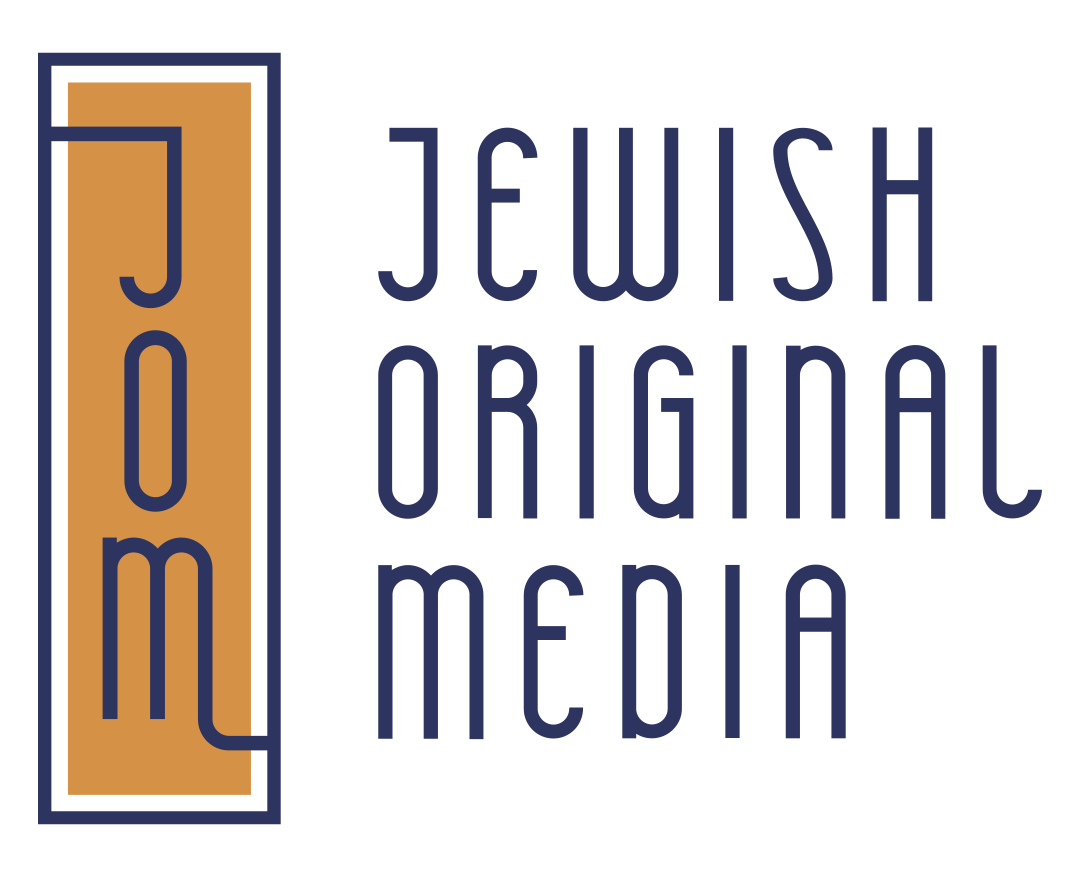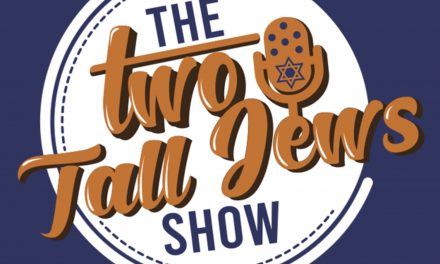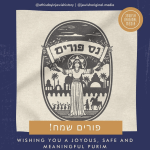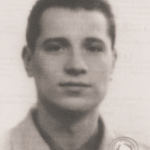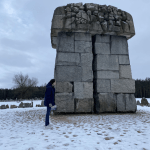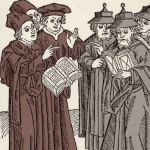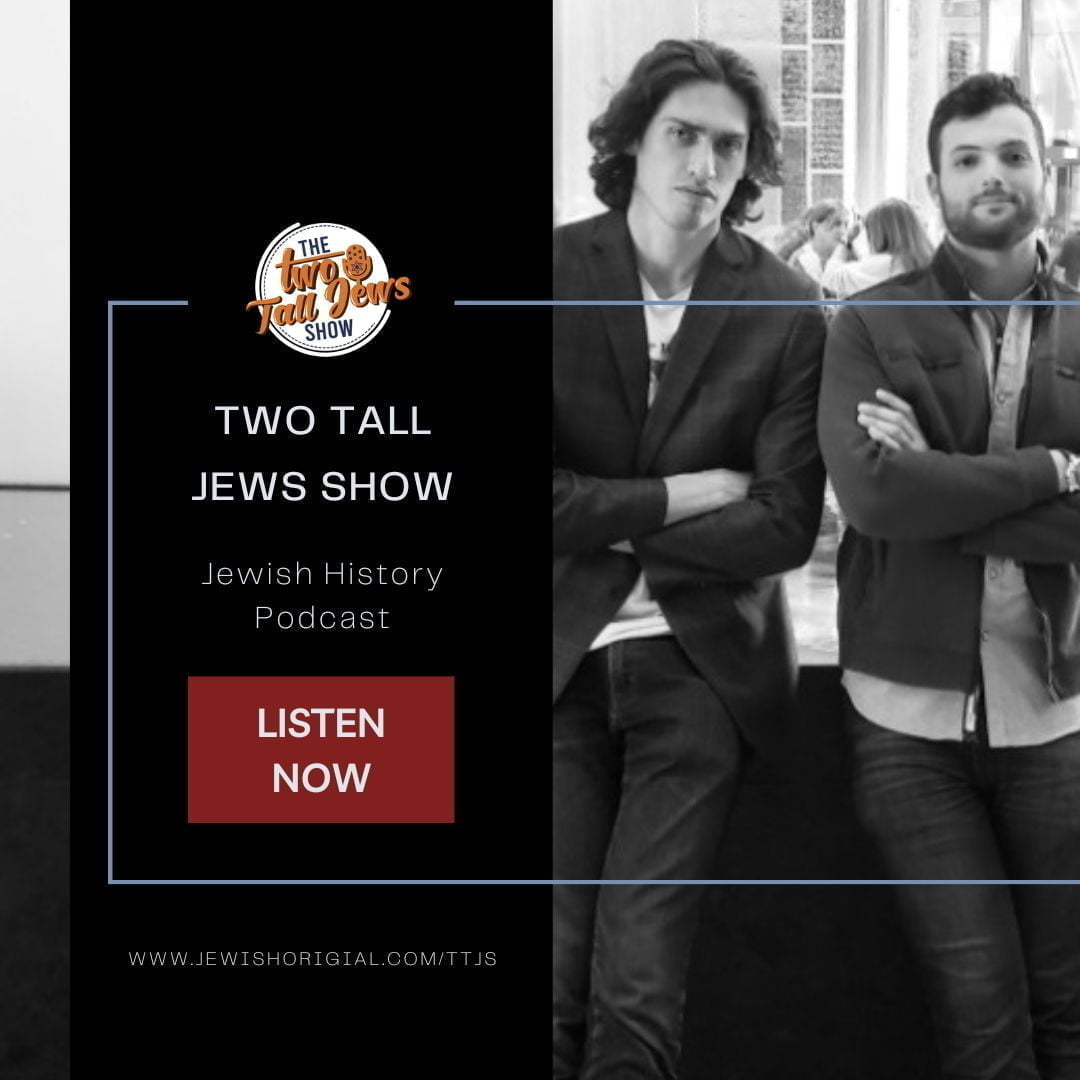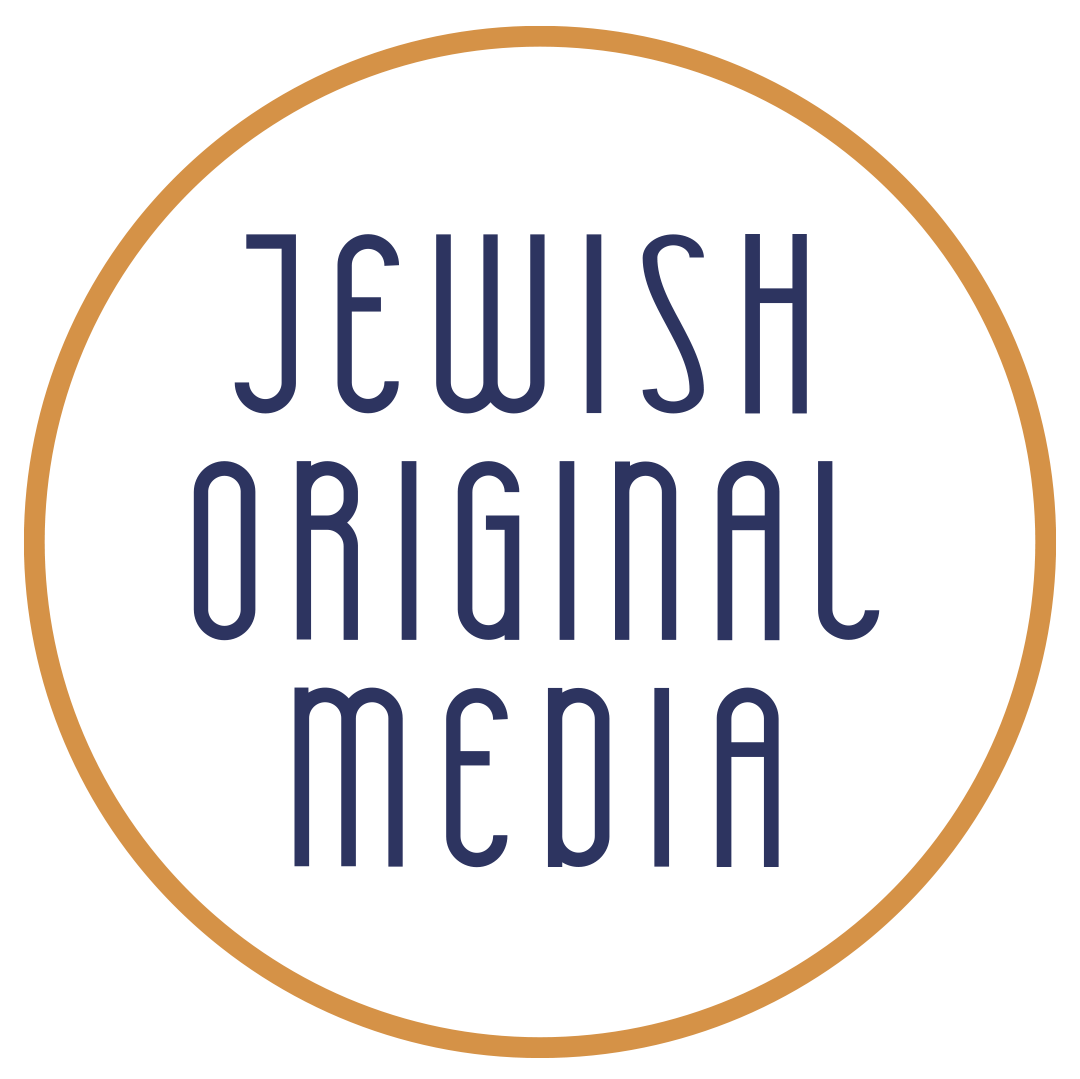PASSING OF LEAH GOLDBERG
ON THIS DAY, 1970
On this day, 1970, Leah Goldberg passed away in Jerusalem, Israel after being diagnosed with breast cancer in 1969. Goldberg was known as one of the most prolific Hebrew poets, authors, playwrights, translators, and comparative literary researchers. In Israeli culture, she is known amongst the classic authors who shaped Hebrew literature of the 20th century and beyond.
Leah Goldberg was born in 1911 in Konigsberg, Prussia and spent her early years living in Kovno, Lithuania. In WWI, she was exiled with her family to Russia and later returned after the war. In the coming years, she attended the Universities of Kovno, Berlin, and Bonn, studying languages of Semitic origin, history, and pedagogy. She would write her dissertation on the Samaritan translation of the Torah.
Her earliest work in poetry came at the age of 12, written in both Hebrew and Russian, and was soon getting some of her work published. Prior to moving to British-occupied Palestine in 1935, she was a member of the Lithuanian poets circle called P’tach, appearing in literary collections such as Pa’am and periodicals called Ketuvim and Turim. By 1936, her mother joined her in Tel Aviv and since Goldberg never married, they would live together until Leah’s passing, on this day.
At the same time of her Aliyah, Goldberg put together her first poetry collection of lyrical-modernist work, Taba’ot Ashan (Smoke Rings). The tone of this work was direct with rather visible forms of expression, referring to herself as “unattractive woman of 22”. In 1939, she wrote her second collection called Shibolet Yeroket ha-Ayin (Green-Eyed Spike, 1939) where nature comes to the forefront and a tendency to generalize – these are seen as a response to the events unfolding in Europe during WW2. Written as an ode to the Eastern European folk songs, these poems seem like an attempt to keep the Europe that’s being destroyed, alive. At the same time, they are filled with references to death and destruction. She spent some time working with other Israeli literary legend, Avraham Shlonsky, on a compilation of translations called Mi-Shirat Russiyah (Of Russian Poetry, 1944).
In 1948 and 1955, Goldberg published two collections that would be considered as part of her major period of work: Al ha-Perihah (Of Blossoming) and Barak ba-Boker (Morning Lightning). In these poems, (written in metered rhymes)she covers themes of love, creativity, speech versus silence, the shadow of death.
In 1950, she moved to Jerusalem and began working as a lecturer in the Department of General and Comparative Literature at the Hebrew University. Here, up and coming poets such as Dalia Ravikovitch, Yehuda Amichai, and Tuvia Ribner began working with her as she helped them develop their voice and publications.
Her work in the last decade of her life (1960’s) reflected the shifts in Hebrew poetry of the time, removing tools of style, meter, or form while the use of metaphors was nearly removed altogether.
A heavy smoker, Goldberg would be diagnosed with breast cancer in 1969 and pass away on this day, 1970. There are writings where she spoke about the dangers of smoking.
She’erit ha-Hayyim (The Rest of Life) was published posthumously. In 1970, she was also given Israel’s highest award, the Israel Prize, posthumously.
Prose + Children’s Books (of note)
- Ve-Hu ha-Or (And He Is the Light) – an autobiography
- Pegishah im Meshorer (Encounter with a Poet) – study of poet Avraham Ben-Yitzchak
- Work for children filled with humor and fantasy while making commentary on the human condition:
- Yedidai mi-Rehov Arnon (My Friends from Arnon Street, 1943)
- Mah Osot ha-Ayalot (What Do the Does Do? 1949)
- Dirah le-Haskir (A Flat to Let, 1959)
Playwright + Translations
In her time as a playwright, she wrote the following plays with Ba’alat ha-Armon (Lady of the Castle) being the only on-stage success:
- Yam ba-Halon (Sea in the Window, 1938)
- Ba’alat ha-Armon (Lady of the Castle, 1955)
- Unpublished, Ha-Har ha-llem (The Silent Mountain, late 50’s)
As a translator:
- Tolstoy’s “War and Peace” (1953)
- Chekhov’s Stories (1945)
- Selected poems by Petrarch (1953)
- Ibsen’s Peer Gynt (1958)
- A bevy of reference books and children’s books.
On This Day in Jewish History: January 15, 1970
https://www.instagram.com/p/CKFNl_lr8s3/
Further Readings + Source:
